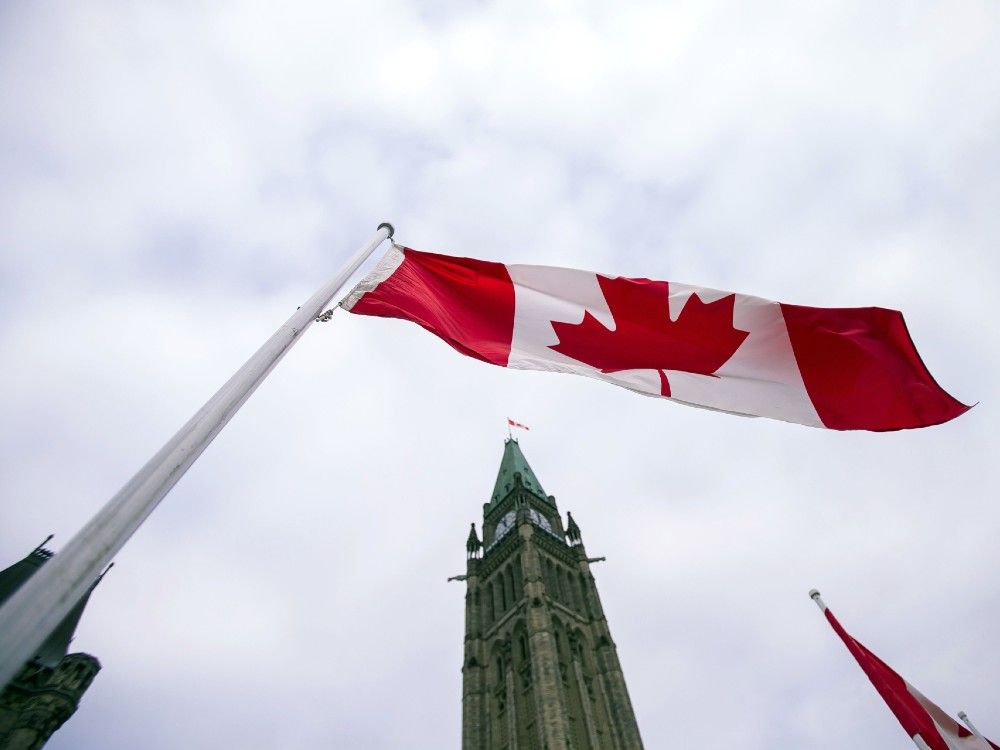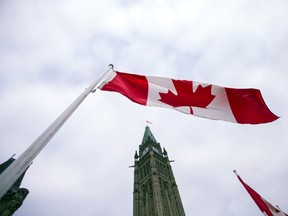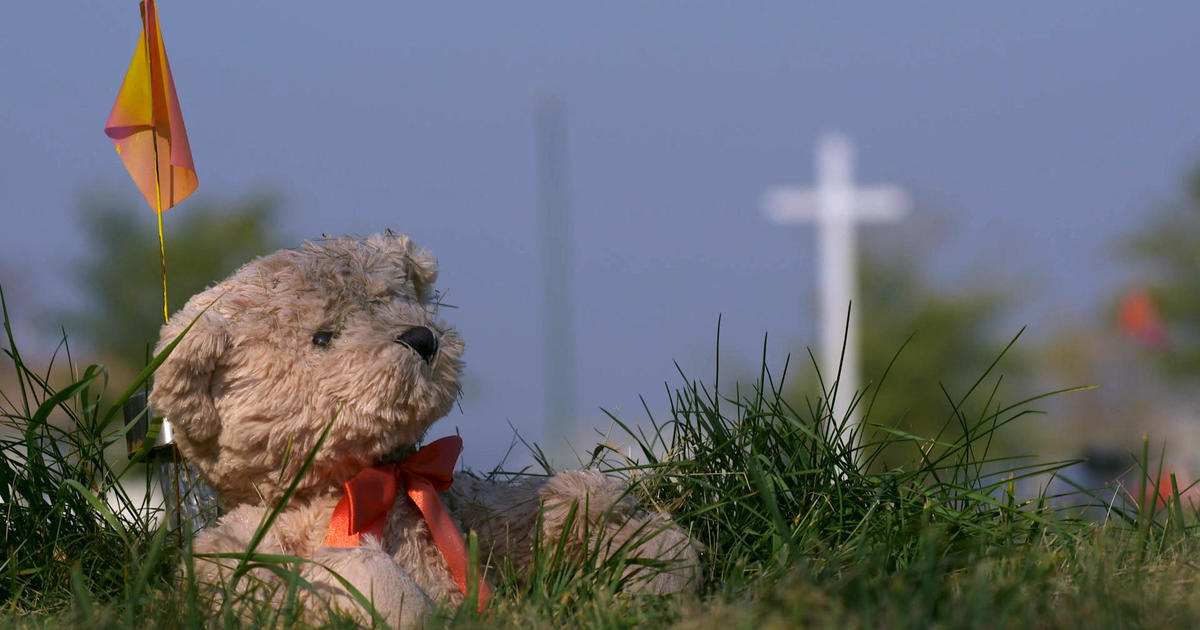
Majority of Canadians don't see themselves as 'settlers,' poll finds
A new poll from Leger Marketing shows that most non-Indigenous Canadians disagree with the term 'settler' to describe their identity.
Skip to Content
Breadcrumb Trail Links
Majority of Canadians don't see themselves as 'settlers,' poll finds
Perhaps surprisingly, 41 per cent of Canadians ages 18-34 disagree with being labelled colonists
Author of the article:
Stewart Lewis
Published Oct 01, 2024 • Last updated 1 day ago • 4 minute read

It may be common among Canadian academics and some policymakers to identify non-Indigenous citizens of Canada as “settlers” — European-descended people who colonized the country — but most Canadians don’t see themselves that way, according to a new Leger Marketing poll.
The pollsters found that 47 per cent of Canadians disagree with the term “settler” as a descriptor. Thirty per cent didn’t know about the term, leading the researchers to note that it’s “reasonably safe to conclude that the 30 per cent … simply don’t understand the notion of settler colonialism.”
In short, fewer than one in four Canadians see themselves as a “settler.”
This is a term increasingly heard from experts who view Canada’s past and present via the lens of colonialism, says Jack Jedwab, president and CEO of the Association of Canadian Studies, which commissioned the poll.
“They, therefore, define Canadians as either Indigenous or as settler-colonists. That most Canadians reject the ‘us and them’ labelling is indicative of a widening gap between the academy and the public at large. That gap risks undercutting efforts at reconciliation as … it fails to capture the diversity of the Indigenous and non-Indigenous persons.”
Perhaps surprisingly, 41 per cent of Canadians ages 18-34 were negative about being labelled colonists. That compares with 47 per cent of 35-54 year-olds and 53 per cent of respondents who were 55 years and older. Moreover, 39 per cent of the youngest cohort responded that they “didn’t know” about the “settler” label (or they said it doesn’t apply). That’s more than the 35-54 group, who came in at 29 per cent, or the 25 per cent of those ages 55 and over.
“Canadians don’t see themselves as colonists, which presumes they originated outside of Canada,” says Jedwab.
Unsurprisingly, the respondents who identified with the settler label said there were from the left side of the political spectrum. That includes 47.2 per cent who identify themselves as “left” and 32 per cent of those who said they are “left of centre.” That compares with just 17.1 per cent of people who identified as “right.”
Given that many French Canadians think of Quebec as a nation, it may not be surprising that most of those surveyed agreed they are settlers (48 per cent), as opposed to English Canadians (17 per cent). According to the researchers, Canada’s francophones “learned that they colonized parts of the province, a term, which in French, they equate with settling it.”
That number shifts among ethnic minorities. Fifty-five per cent of those respondents disagreed with the term settler as an identity. “Many newcomers to Canada were themselves victims of colonial regimes and are likely to refuse the label being applied to them,” explains Jedwab.
Younger people were less inclined to proclaim pride in being Canadian, with senior Canadians being the most proud.
On the question of national pride, the survey found only 58 per cent of 18- to 24-year-olds said they were proud of being Canadian. The percentage rose with age, with 73 per cent of 25- to 34-year-olds expressing pride, 79 per cent of 35- to 44-year-olds; 76 per cent of those aged 45 to 54; and 85 per cent of 55- to 64-year-olds.
The group most proud to be Canadian were seniors, those 65 and older, at 92 per cent.
There were distinct differences in the levels of pride across the country. Those with the most pride in being Canadian come from the oldest part of the country: Atlantic Canadians are the most proud, with 91 per cent showing the flag as it were. In Ontario that number dropped to 80 per cent. In Alberta it was 84 per cent, 77 per cent in Manitoba and Saskatchewan and 74 per cent in B.C.
Again, perhaps counterintuitively, 81 per cent of Quebec respondents said they were proud to be Canadian. That number was similar among both Francophones at 82 per cent, and English speakers at 80 per cent.
Intriguingly, Jedwab says there was little correlation between how people viewed the settler label and whether they were proud to be Canadian, or not.
What’s next in terms of Canadian identity? “Ideally there needs to be some reflection from the academy and some policymakers as to why this framing of Canada doesn’t resonate with the majority,” says Jewab.
The survey was conducted by Leger Marketing over the period of Sept. 20-22, and involved 1,612 Canadians. It had a margin of error of plus or minus 2.5 per cent, 19 times out of 20.
Our website is the place for the latest breaking news, exclusive scoops, longreads and provocative commentary. Please bookmark nationalpost.com and sign up for our newsletters here.



